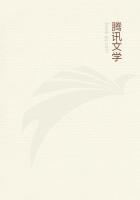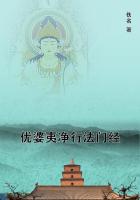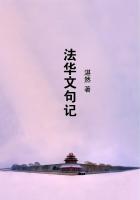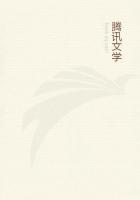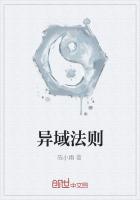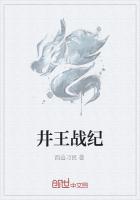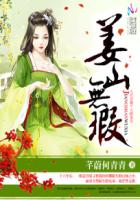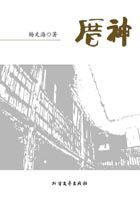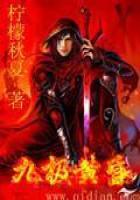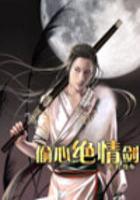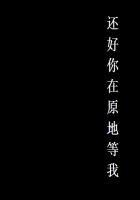Yet this number includes a great part of those who perform the more exacting intellectual functions in business and the professions, as well as peculiarly weak, or sensitive, or unfortunate individuals in all walks of life. In general there is an increase of self-consciousness and choice; there is more opportunity, more responsibility, more complexity, a greater burden upon intelligence, will and character. The individual not only can but must deal with a flood of urgent suggestions, or be swamped (101) by them. "This age that blots out life with question marks" [3] forces us to think and choose whether we are ready or not.
Worse, probably, than anything in the way of work?though that is often destructive -- is the anxious insecurity in which our changing life keeps a large part of the population, the well-to-do as well as the poor. And an educated and imaginative people feels such anxieties more than one deadened by ignorance. "In America," said De Tocqueville, "I saw the freest and most enlightened men placed in the happiest circumstances which the world affords; it seemed to me as if a cloud habitually hung upon their brows, and I thought them serious and almost sad, even in their pleasures." [4]
Not long ago Mr. H. D. Sedgwick contributed to a magazine a study of what he called "The New American Type, [5] based on an exhibition of English and American portraits, some recent, some a century old. He found that tile more recent were conspicuously marked by the signs of unrest and strain. Speaking of Mr. Sargent's subjects he says, "The obvious qualities in his portraits are disquiet, lack of equilibrium, absence of principle, . . . a mind unoccupied by the rightful heirs, as if the home of principle and dogma had been transformed into an inn for wayfarers. Sargent's women are more marked than his men; women, as physically more delicate, are the first to reveal the strain of physical and psychical maladjustment. The thin spirit of life shivers pathetically in (102) its 'fleshly dress'; in the intensity of its eagerness it is all unconscious of its spiritual fidgeting on finding itself astray 梟o path, no blazings, the old forgotten, the new not formed." The early Americans, he says, " were not limber minded men, not readily agnostic, not nicely sceptical; they were . . . eighteenth century Englishmen." Of Reynolds'
women he observes, "These ladies led lives unvexed; natural affections, a few brief saws, a half. dozen principles, kept their brows smooth, their cheeks ripe, their lips most wooable." People had " a stable physique and a well-ordered, logical, dogmatic philosophy ,' The older portraits " chant a chorus of praise for national character, for class distinctions, for dogma and belief, for character, for good manners, for honor, for contemplation, for vision to look upon life as a whole, for appreciation that the world is to be enjoyed, for freedom from democracy, for capacity in lighter mood to treat existence as a comedy told by Goldoni." [6]
This may or may not be dispassionately just, but it sets forth one side of the case梐 side the more pertinent for being unpopular梐nd suggests a very real though intangible difference between the people of our time and those of a century ago梠ne which all students must have felt. It is what we feel in literature when we compare the people of Jane Austen with those, let us say, of the author of The House of Mirth.
I do not propose to inquire how far the effects of strain may be seen in an increase of certain distinctly pathological phenomena, such as neurasthenia, the use of drugs, (103) insanity and suicide. That it has an important working in this way梔ifficult, however, to separate from that of Other factors梚s generally conceded. In the growth of suicide we seem to have a statistical demonstration of the destructive effect of social stress at its worst; and of general paralysis, which is rapidly increasing and has been called the disease of the century, we are told that "it is the disease of excess, of vice, of overwork, of prolonged worry; it is especially the disease of great urban centres, and its existence usually seems to show that the organism has entered upon a competitive race for which it is not fully equipped."Endnotes Democracy in America, vol. ii, book iii, chap. 15. Democracy and the Organization of Political Parties, ii, J. R. Lowell, The Cathedral Demoeracy in America, vol ii, book ii, chap. 13 Since published in a book having this title. 101 The Atlantic Monthly, April, 1904.

